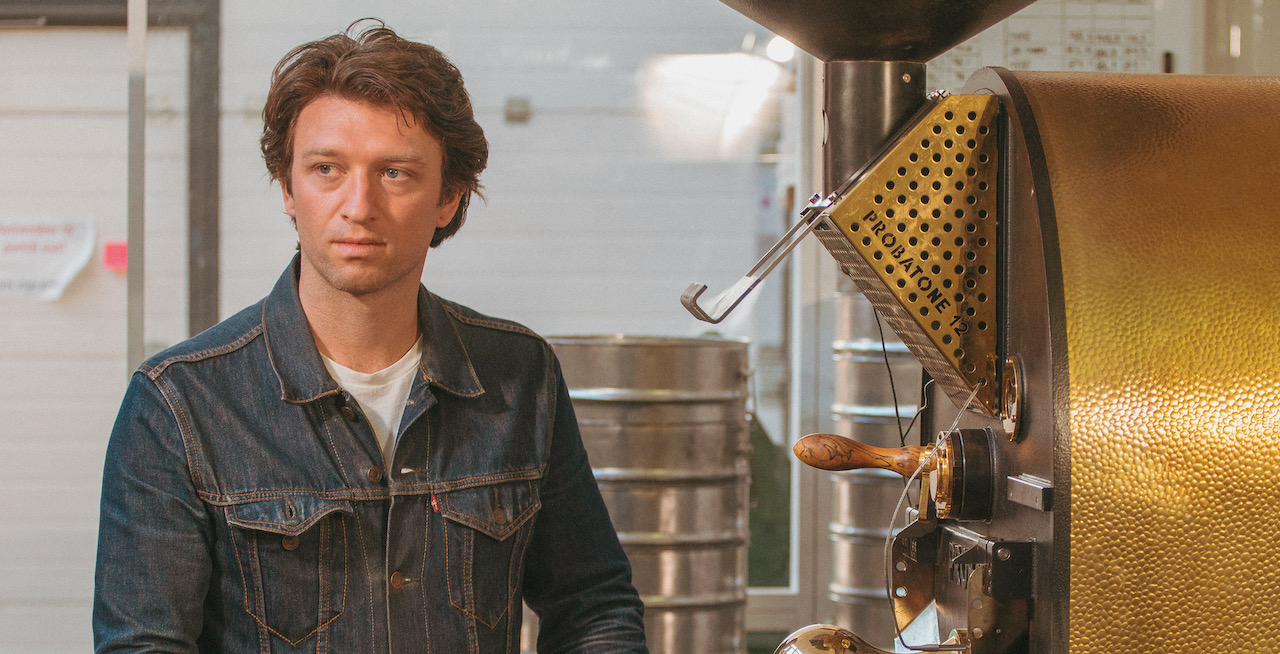
Fjord Coffee Roasters Berlin (hereinafter Fjord Coffee Roasters) was founded as a roaster in 2016 by the three owners of two popular specialty coffee shops ‘Father Carpenter’ and ‘Silo’ in Berlin with their experience and wisdom. They are exploring new and unique coffees. We interviewed one of the founders Kresten who agrees with their position on coffee.
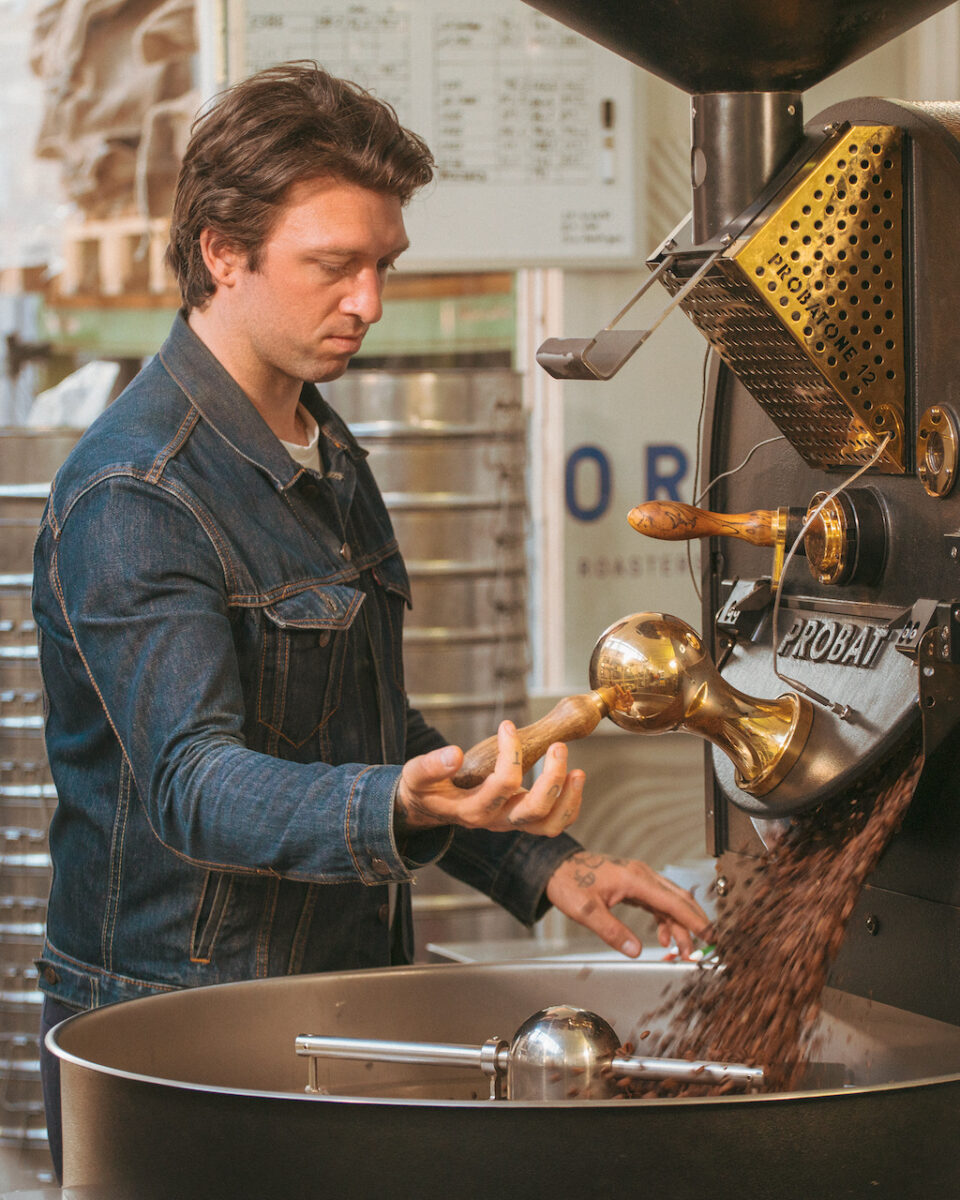
High-quality coffee for everyone.
Fjord Coffee Roasters is a Berlin coffee roaster whose mission is to uncover the rarest and most unique flavors in coffee with its affiliation with ‘Silo’ and ‘Father Carpenter,’ two popular specialty coffee shops in Berlin.
Kresten states, “The three owners of the two stores discussed each other’s strengths and weaknesses and have designed the roasting facility to showcase our individual strengths. I am good at coffee and products, Morgan is good at sales and advertising, and James is good at copywriting and can plan and execute business strategies. Each of us has a different skillset and we came to the conclusion that it’s better to work as a team to run a roaster.”
Behind this decision was a problem that Kresten had been aware of for some time.
“Business is complicated. It’s not just products; there are also elements of service, communication, and values. There is a tendency to focus so much on one aspect of business such as the product or service, and then other aspects are neglected in the coffee industry. The reason why we decided to run a roaster as a team was to avoid creating such gaps.”
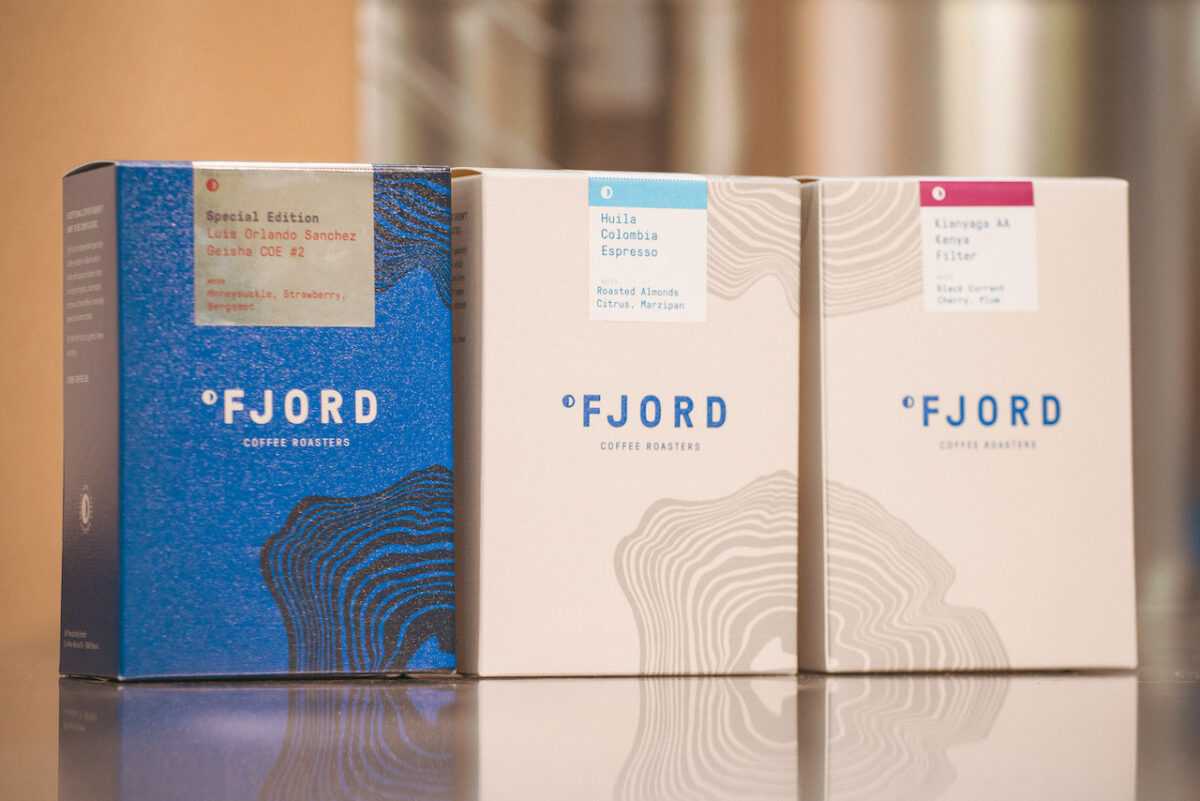
This seamlessness is evident in the two completely different brands of Fjord and Field Coffee.
“Simply put, Fjord is a coffee brand comprising of unique flavors, from processing to terroir and is sold in a nice box. For me, a Fjord is a great symbol of nature, of exploration, with its soft and hard surfaces, and its rawness is exciting as it is with coffee.”
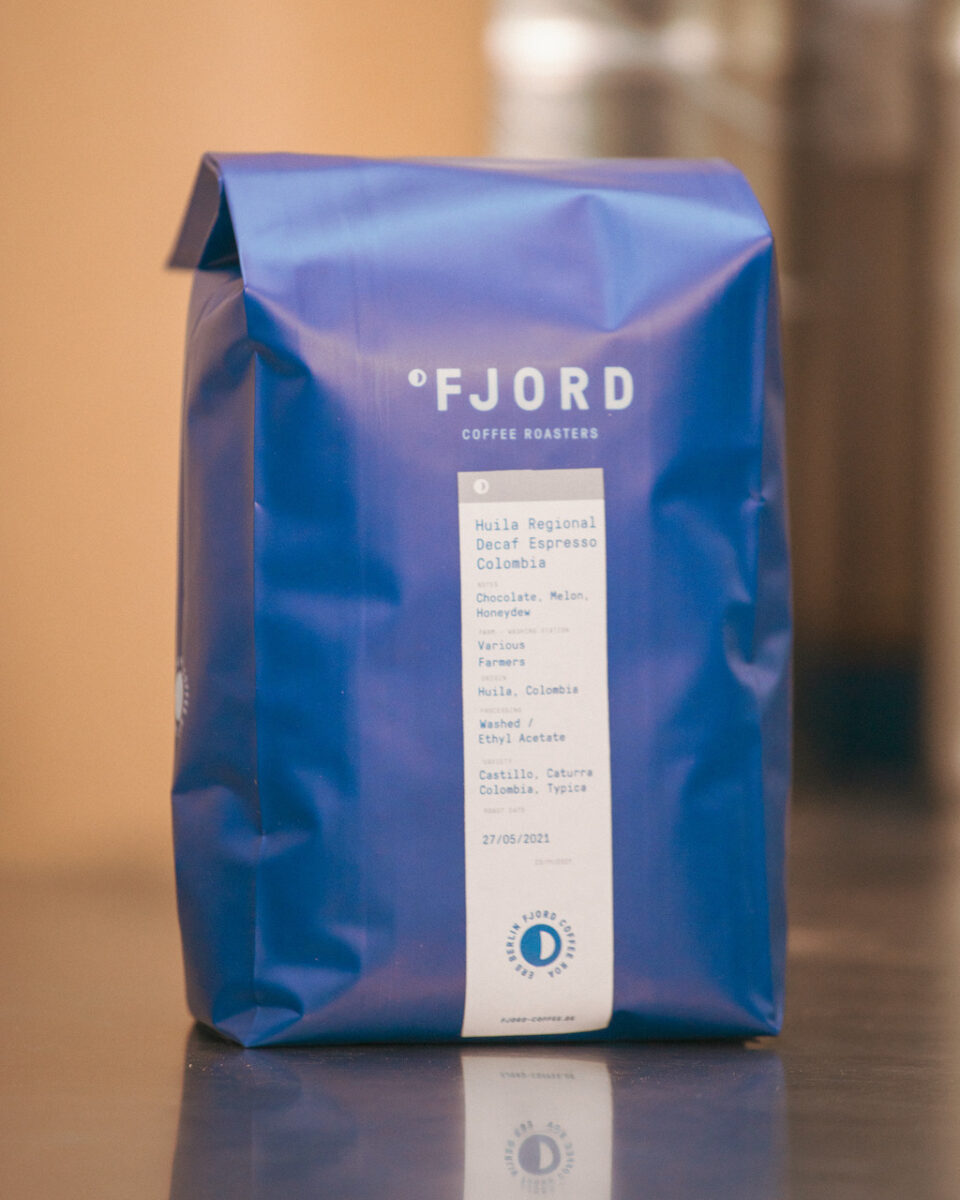
On the other hand, Field Coffee is a brand where they sell coffee in packaging that people who are not coffee experts can fully appreciate. The lines of both brands are completely different, but they complement each other. Fjord and Field Coffee coexist in order to deliver high-quality coffee to everyone.
“Also, having two brands helps the coffee producers in El Salvador and Guatemala because we can pay more to the producers when we go to the farms to buy coffee. We have a stance of buying a certain larger total amount of coffee from seven to eight people instead of buying a smaller amount from fifty different people.”
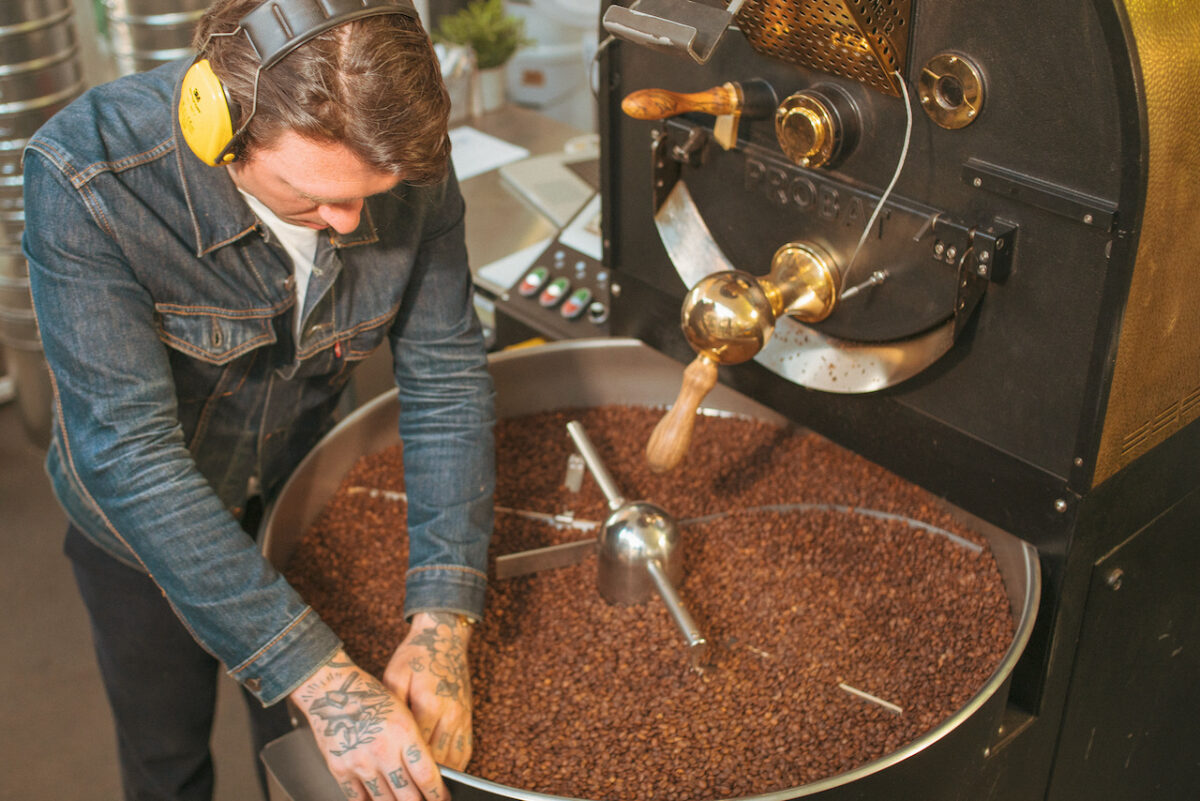
It’s not always possible to harvest only the best quality coffee in coffee farms. If buyers try to buy only the best quality coffee, the producers will not be able to ensure their financial stability. This is why Kresten and his team have created the Field brand for the customers who prefer the coffee that Field offers.
“There is a lot of greenwashing- deception by those who pretend to care about the environment- happening in the coffee industry using the lure of “helping the producers,” but if you really put yourself in the producers’ shoes, what you should choose is obvious.”

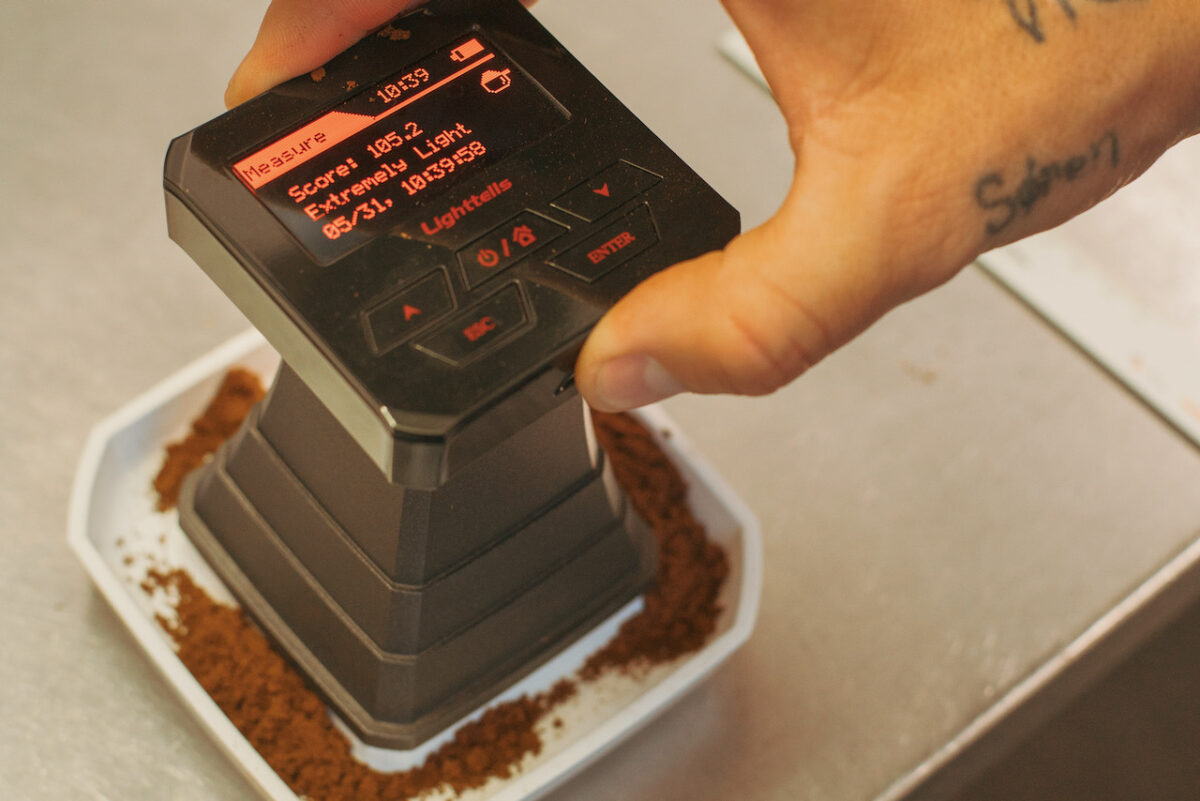
An undiscovered presence accepted by the market.
It’s not that Kresten stepped into the world of coffee because that’s what he wanted to do. When he was fifteen years old, at the request of his father, the cafe owner, he started attending coffee seminars held at the local cafe.
“I was in high school at the time. If I had the choice, I would have gone skateboarding rather than attending the seminar. (laughs) But that was when I started to develop more interest in coffee. It wasn’t that I was passionate about it; I just started to be curious.”
For Kresten, whose family mostly worked as cooks and who spent much of his childhood in cafes and restaurants, it was probably inevitable that he entered the world of coffee.
“My brothers worked in a local restaurant that used local ingredients and my uncle is a famous chef, so it was natural for our family to always try to improve the quality of the food. I think this environment shaped the foundations of my stance on the quality of the products.”
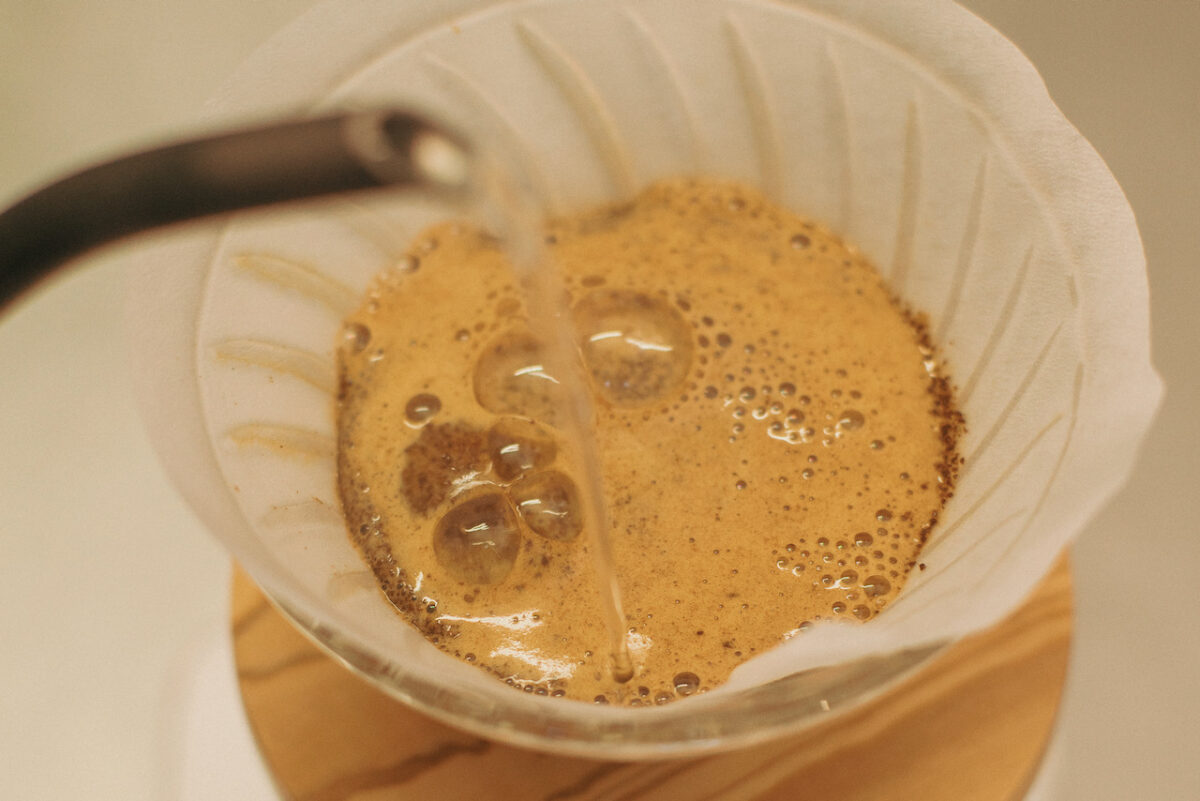
As if he was guided by something, Kresten moved to Melbourne after graduating from high school and got a job at a cafe. He began to actively get involved in coffee.
“I wasn’t a geek only interested in coffee machines and the numbers they produced, but I was rather attracted by the dynamics of coffee that changes society. I was hired by a high-level cafe in Melbourne, probably because I had a lot of experience in coffee brewing and cooking.”
While working for a roaster who ran a cafe in London and another in Melbourne, his goal of becoming independent and owning his shop gradually formed in his mind as a reality.
“I would have needed a lot of money to open a cafe in Australia. Particularly in Melbourne where cafe culture is prevalent, competition is fierce. A lot of money is poured into “Melbourne Vegas” to keep a cafe running and develop it further. If you don’t surprise people, you’re going to get buried in the market.”
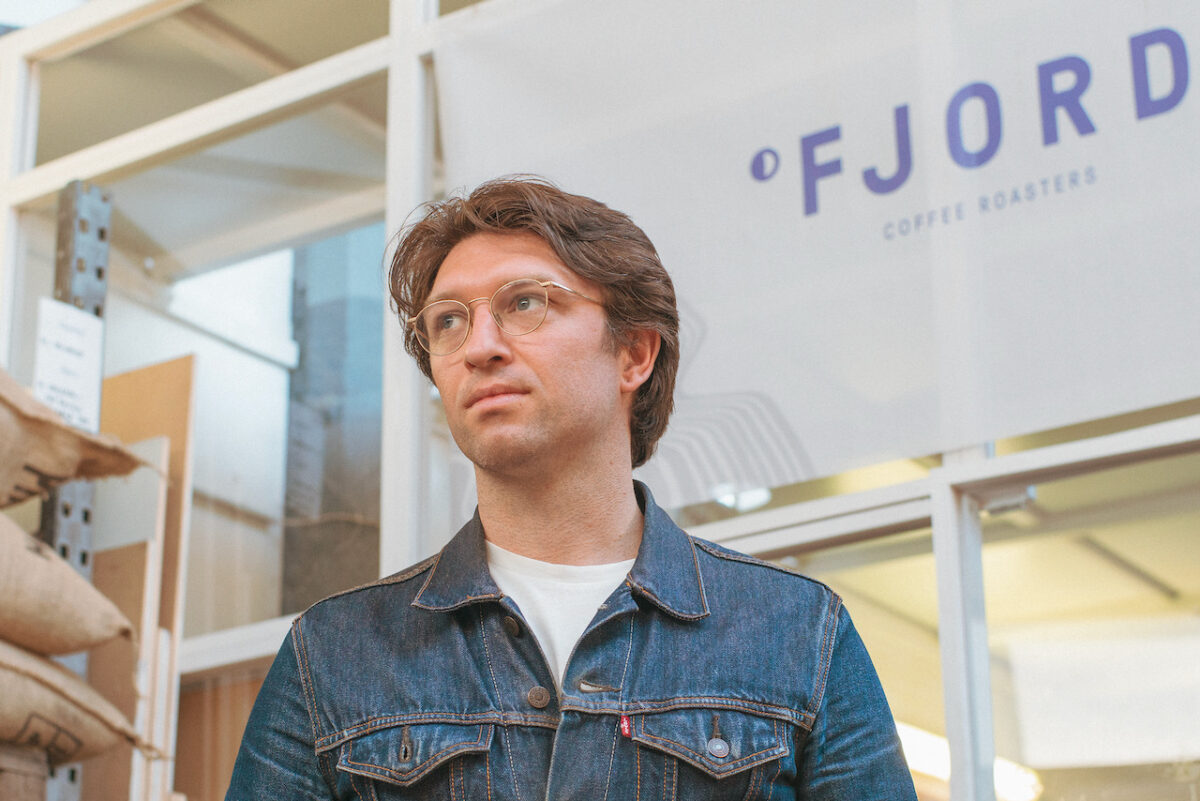
It was around this time that he remembered Berlin where he had gone for a long vacation in the late 2000s when he was in his early twenties. Kresten states, “The positioning of specialty coffee in Berlin now is starting to change from what you sometimes see in a culture, but at that time, there was only one decent cafe.” And what was it about Berlin that made Kresten decide to open his shop there?
“What I found out after doing market research is that there are only a handful of specialty coffee shops even in large parts of Europe. In Berlin, it is rare to find cafes that have table service and offer food, and there is a big population.”
“I thought ‘I could do well here,’ so I opened ‘Father Carpenter’ which serves brunch and sweets and my prediction turned out to be correct. I was fortunate that the location was good and the business took off well soon after opening, perhaps because the unknown was accepted.”

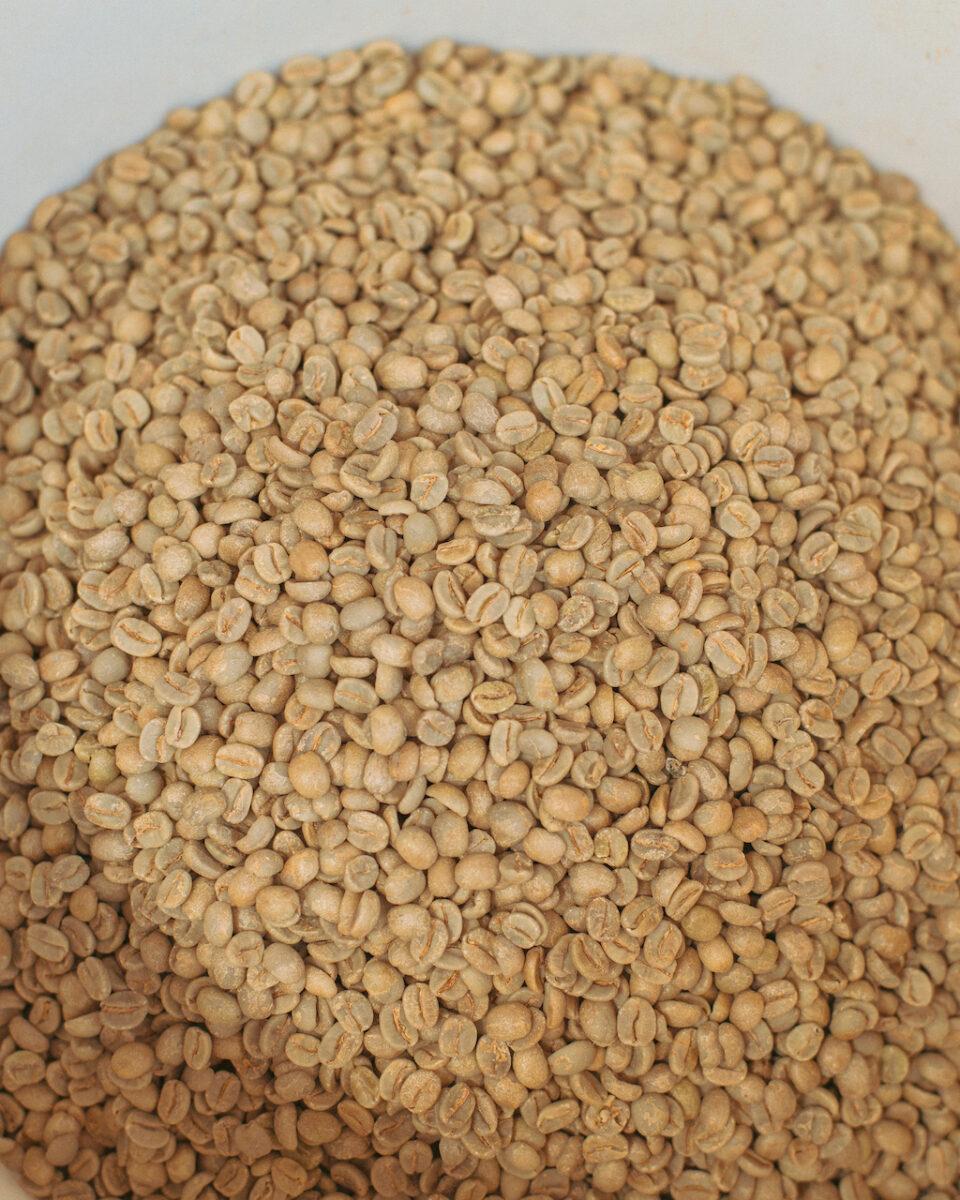
Having a flexible perspective that brings uniqueness.
Fjord’s individuality is reflected in new coffee that is developed in close collaboration with producers, not just buying good quality green coffee beans from producers. One example is that they were planning to buy a farm in Colombia and grow many types of coffee trees such as Sidra and SL28. Another coffee, Geisha, comes from producers in El Salvador.
“Colombia is one of the world’s leading coffee-producing countries and the taste is excellent, but many people feel uneasy about buying Colombian coffee in large quantities because of the problem of coffee re-humidifying. It can result in insufficient drying. This is a problem that can be rectified by the efforts of the producers but is usually due to the high-altitude geography and humid climate.”
The shelf life of the green coffee and roasted coffee and the quality of a cup of coffee is determined by the process of harvesting coffee and processing it to become exportable green coffee. If I say it in a more specific way, how the coffee is dried, the drying process, and drying time holds the key.”
“Therefore, remoistening, which damages the cell structure of green coffee beans, is the worst enemy of good coffee. If you import coffee that has been remoistened, it will taste like wood after maybe a few months. Even if the producers have done a great job of producing great coffee, just because of remoistening, the expiration date of such coffee will come very quickly.”
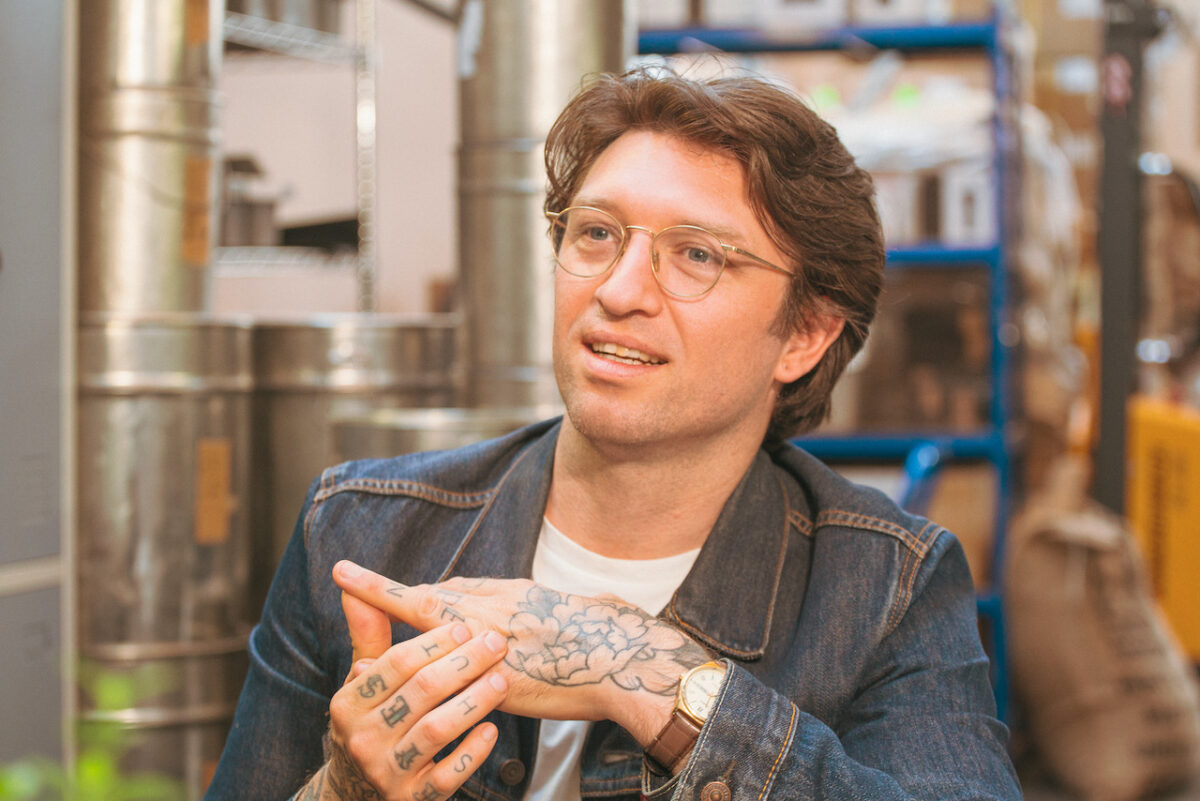
The reason why Fjord wanted to buy a new farm in Colombia was to solve this problem by finding a better way of processing. The idea must have come to them because they look at the essence of things.
“There are a certain number of people in the coffee industry who believe that high-quality coffee must be processed and washed, but I disagree with the idea. I totally disagree with it indeed. I don’t think there is any need to be overly attached to the processing method. What’s important is the taste. If you provide good coffee, you can make people feel good.”
They don’t prioritize the methods and they aren’t hung up on minor details. This free and flexible policy is probably the source of Fjord’s unique coffee.
Originally written in Japanese by Tatsuya Nakamichi.
MY FAVORITE COFFEE
“Three hundred and sixty-five days a year, I find happiness in the moments I am drinking coffee. There is no better time than the time I have a coffee with my wife when I wake up in the morning. I believe that the main purpose of both coffee and food is to create great conversation among people.”
